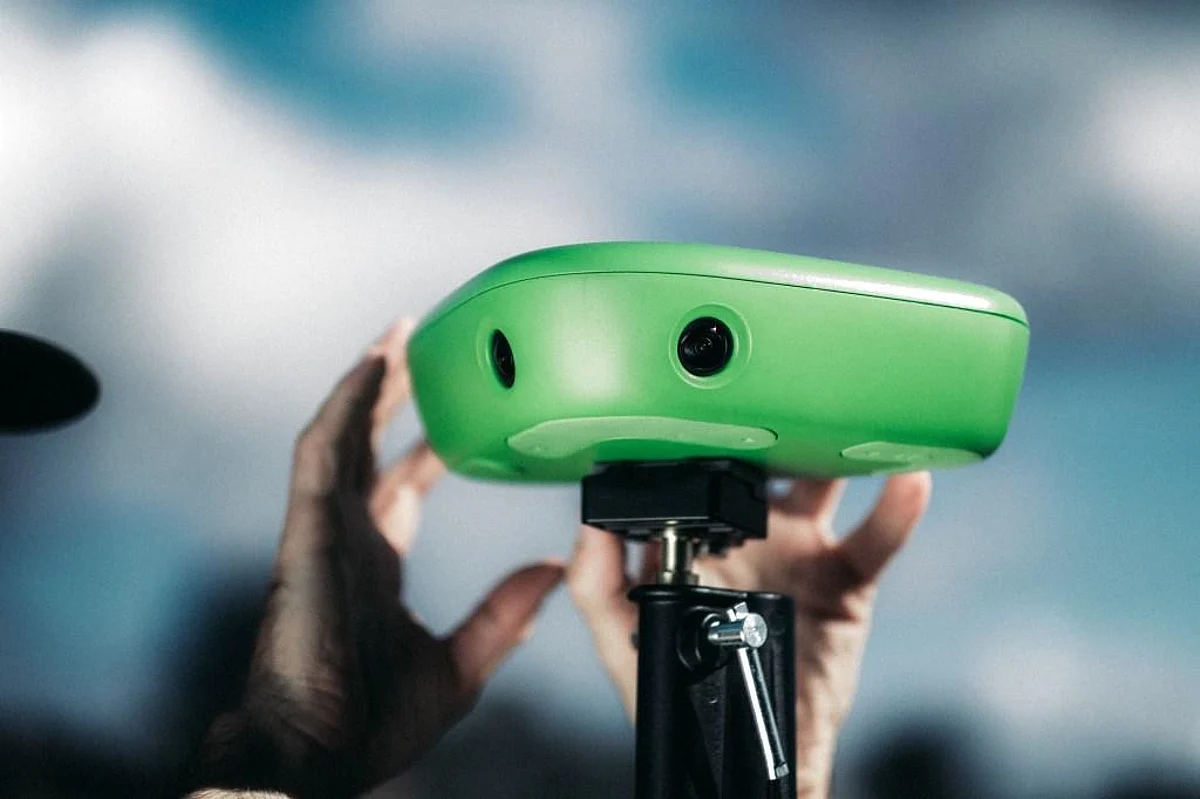In the modern era of sports, where every second counts and every move matters, the quest for excellence has led to groundbreaking innovations. Among these, AI-powered cameras have emerged as game-changers, transcending traditional training methodologies. By harnessing the power of artificial intelligence, these cameras not only streamline training processes but also unlock a treasure trove of data that can significantly enhance athletic performance. As teams and athletes strive to gain a competitive edge, the integration of AI in sports training is no longer a choice but a necessity.
The Technology Behind the Revolution
At the heart of this transformation lies a sophisticated blend of technologies, including machine learning algorithms, computer vision, and deep learning models. AI-powered cameras utilize advanced object detection and recognition techniques, such as YOLO (You Only Look Once) and SSD (Single Shot Detector), to accurately track players, balls, and other key elements on the field in real time. This technological prowess allows coaches and analysts to gain insights that were previously unimaginable. Leading the charge in this domain are several notable companies, often referred to as the "Big 4": Veo, Hudl, Spiideo, and Pixellot. Each of these innovators contributes unique capabilities to the sports technology landscape, pushing the boundaries of how performance can be analyzed and improved.
Proven Performance Improvements
The impact of AI cameras on sports performance is both substantial and measurable. Teams that have adopted data-driven decision-making processes, often incorporating AI camera systems, have seen an average performance improvement of 7.3% compared to their pre-analytics baseline. This is not just a number; it represents a tangible shift towards a more analytical approach to training and competition.The accuracy of these AI-powered tracking systems is noteworthy, boasting a remarkable 99.7% accuracy rate while reducing analysis time by an astonishing 92% compared to traditional manual methods. Such efficiency empowers coaches to focus on refining strategies and enhancing player techniques without the burden of extensive data processing.
Real-World Applications and Success Stories
The successful implementation of AI cameras in various sports offers compelling evidence of their effectiveness:
Professional Basketball: Second Spectrum's technology in basketball leagues has revolutionized how coaches analyze team dynamics and player effectiveness, enabling strategic adjustments in real time.
Tennis Analytics: IBM Watson's application at Wimbledon showcases the power of AI in processing millions of data points, offering accurate predictions about match outcomes and tailored strategies.
Player Performance Tracking: Companies like SkillCorner are transforming talent identification processes by analyzing match footage to evaluate players' technical and tactical skills, ensuring that potential stars are not overlooked.
Market Growth and Adoption
The adoption of AI in sports is on an upward trajectory. The global market for AI in sports, valued at USD 1.2 billion in 2024, is projected to grow at a compound annual growth rate (CAGR) of 14.7% from 2025 to 2034. This growth underscores the increasing recognition of the immense value that AI technologies bring to sports training and performance enhancement.
Impact on Indian Sports Ecosystem
India's sports landscape is ripe for technological advancements, and AI camera technology offers significant potential for transformation. As the sports market is expected to reach $130 billion by 2030, growing at a CAGR of 14%, the integration of advanced technologies like AI cameras can play a pivotal role.
Current State and Future Potential
With the sports technology market in India projected to reach USD 1,479.2 million by 2033, driven by digitalization and technological adoption, the time is ripe for AI camera implementation across various sports.
Implementation Opportunities in Indian Sports
Several key areas present opportunities for AI camera technology in India:
Cricket Analysis: Given cricket's immense popularity, AI cameras can provide detailed insights into batting techniques, bowling patterns, and field placements, enhancing training effectiveness.
Multi-Sport Applications: From football to hockey, the technology can help coaches develop data-driven strategies and improve player performance across the board.
Training Facilities: Sports academies can leverage AI cameras to identify and nurture talent more effectively, contributing to the growth of India's sports infrastructure.
Market and Infrastructure Considerations
India's sports technology landscape is witnessing a significant transformation, with increased investments in AI, data analytics, and IoT for athlete performance tracking. The integration of AI cameras aligns seamlessly with this trend, offering opportunities to enhance both athletic performance and spectator engagement.
Future Outlook
As AI camera technology continues to evolve, the possibilities for its application in sports training seem limitless. The ability to provide real-time feedback, generate automatic highlights, and deliver detailed performance analytics makes AI-powered cameras an invaluable asset in modern sports training.
In conclusion, the advent of AI-powered cameras represents a paradigm shift in the way athletes train and compete. As the lines between technology and sports continue to blur, these cameras are not merely tools; they are essential partners in the pursuit of excellence. For teams and athletes looking to stay ahead in a fiercely competitive arena, embracing this technology is no longer just an option—it's a vital step towards achieving peak performance. As we look to the future, the integration of AI cameras in sports training will undoubtedly redefine the landscape of athletic development, ensuring that the best is yet to come.









